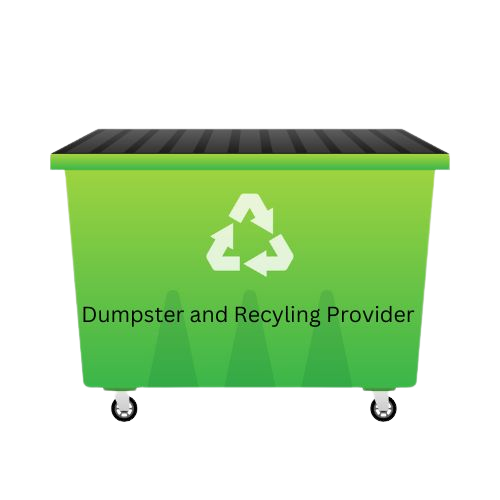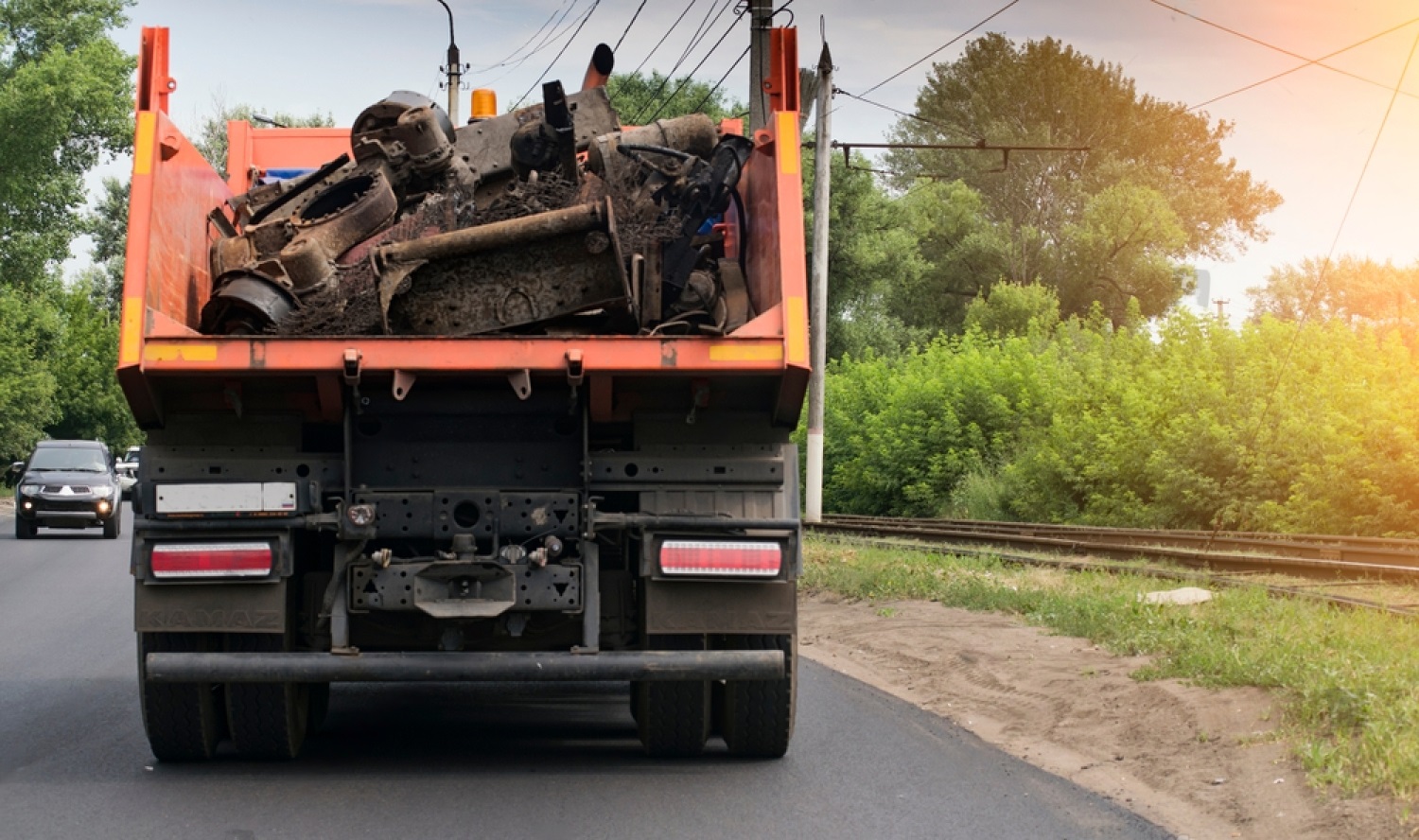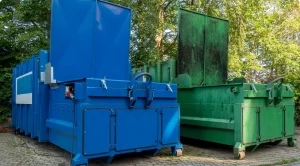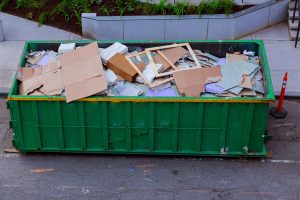In a world inundated with material possessions, clutter can creep up on us, slowly but surely, until our living spaces become battlegrounds for the war against waste. Whether you’re an avid collector or just prone to procrastination, junk removal can seem like an insurmountable task. Fear not, for this article is your ultimate guide to decluttering your life with expert junk removal tips.
1. Assess the Situation: The First Step Toward Clutter-Free Living
Before diving headfirst into the chaos of clutter, take a step back and assess the situation. This is the foundation of any successful junk removal endeavor. Grab a notepad and pen, or create a digital list, and start cataloging the areas of your home that need attention. Make a note of the most cluttered spots, the items that can be discarded, and those that can be donated or sold.
2. Prioritize with Purpose: What Stays and What Goes?
Now that you’ve identified the clutter hotspots, it’s time to make some tough decisions. Establish a clear set of criteria for what stays and what goes. Consider the utility, sentimental value, and overall usefulness of each item. Be honest with yourself; if you haven’t used something in the past year, it’s likely time to bid it farewell. Focus on keeping what truly adds value to your life.
3. Get Organized: Tools for the Junk Removal Trade
To tackle clutter effectively, you’ll need some essential tools to keep you organized:
a. Boxes and Bins
Invest in sturdy boxes and bins for sorting and storing items. Clear containers are particularly helpful because they allow you to see what’s inside without rummaging through everything.
b. Labels and Markers
Labeling is crucial for efficient organization. Clearly mark each box with its contents, making it easy to locate items when needed.
c. Trash Bags
Keep a supply of trash bags on hand for disposing of items that are beyond repair or donation.
d. Donation Boxes
Designate a specific area or box for items you plan to donate or sell. This will help you stay organized and motivated to declutter.
4. Declutter Room by Room: The Step-by-Step Approach
Breaking the decluttering process into smaller, manageable tasks can prevent overwhelm. Start with one room at a time. Follow these steps for each room:
a. Clear the Clutter
Begin by removing items that don’t belong in the room and placing them in their respective boxes or bins. Focus on one area or category at a time to maintain order.
b. Evaluate and Decide
As you go through the items in the room, evaluate their usefulness and relevance to that space. Keep, donate, or discard accordingly.
c. Clean and Organize
Once you’ve decluttered the room, give it a thorough cleaning. Then, organize the remaining items in a way that maximizes space and accessibility.
5. Dispose Responsibly: Mindful Junk Removal
As you declutter, it’s essential to dispose of items responsibly, considering both the environment and the community:
a. Recycling
Sort items that can be recycled, such as paper, cardboard, glass, and certain plastics. Check your local recycling guidelines for specifics.
b. Donations and Selling
Donate gently used items to local charities or shelters. Alternatively, consider selling valuable items online through platforms like eBay, Craigslist, or Facebook Marketplace.
c. Junk Removal Services
For items that can’t be recycled or donated, consider hiring a junk removal service. They can efficiently haul away larger items, ensuring they are disposed of properly.
6. Maintenance: Sustaining a Clutter-Free Lifestyle
Congratulations! You’ve successfully decluttered your living space, but the journey doesn’t end here. To maintain a clutter-free lifestyle, adopt the following habits:
a. Regular Cleaning and Organization
Schedule regular cleaning and organization sessions to prevent clutter from accumulating again.
b. One In, One Out Rule
For every new item you bring into your home, consider removing an old one. This simple rule can help you maintain a balanced and clutter-free environment.
c. Mindful Consumption
Be mindful of your purchasing habits. Think twice before buying items, especially those that may contribute to clutter.
7. The Psychological Benefits of a Clutter-Free Life
A clutter-free home isn’t just visually appealing; it can also have a profound impact on your mental and emotional well-being. Here are some psychological benefits to consider:
a. Reduced Stress
A clutter-free environment can help reduce stress and anxiety, allowing you to relax and unwind more easily.
b. Increased Productivity
A tidy space can boost productivity and creativity, helping you achieve your goals more effectively.
c. Improved Focus
With fewer distractions, you can better focus on the tasks at hand and prioritize what truly matters.
Takeaway
Crushing clutter and achieving a clutter-free life may seem like a daunting task, but with the right mindset and expert junk removal tips, you can reclaim your living spaces and enjoy the numerous benefits of a tidy and organized home. Remember, it’s not just about removing physical clutter; it’s also about creating space for peace, creativity, and happiness in your life. So, gear up, take the first step, and let the journey to clutter-free living begin. Your future self will thank you for it.






